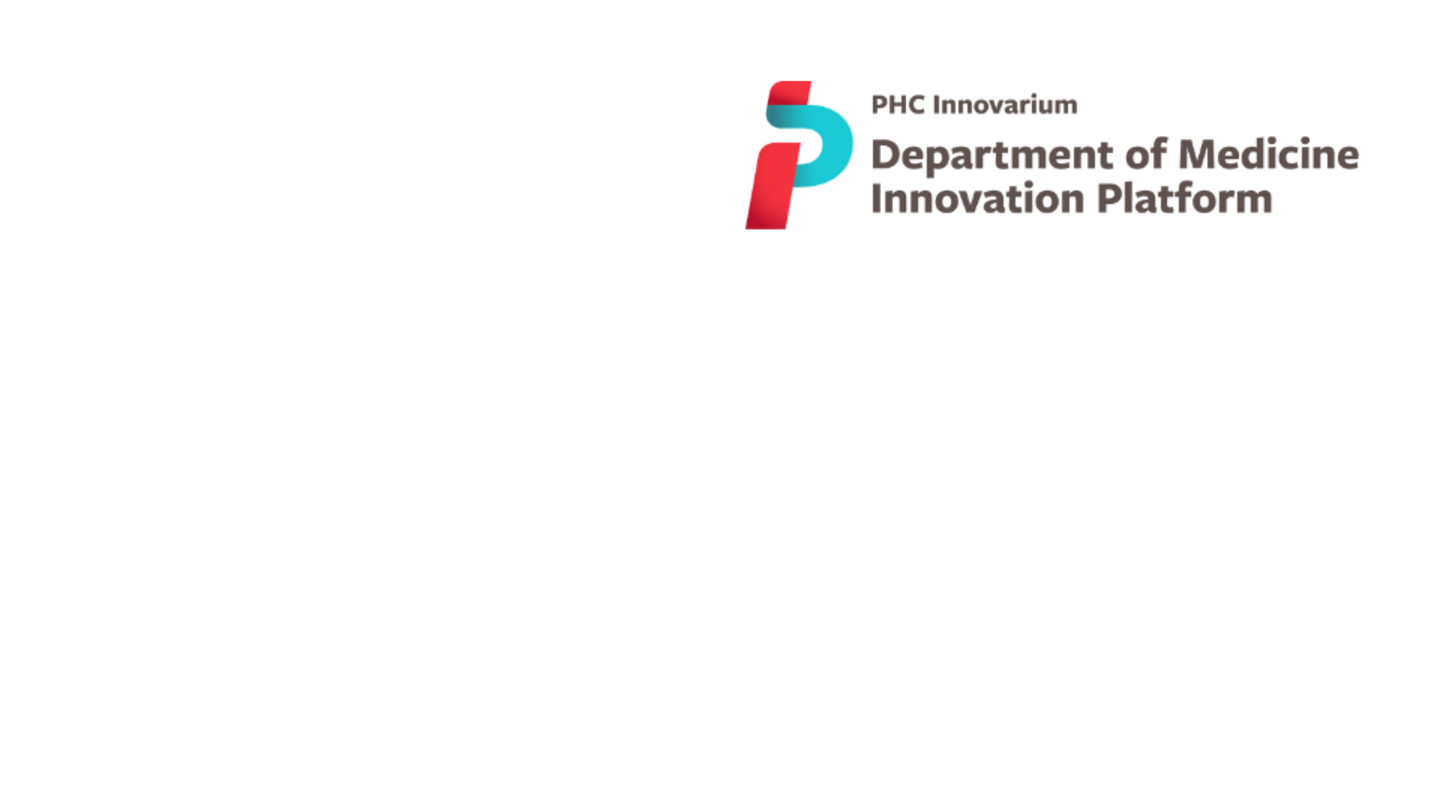Neurology on Wheels to Make the Rounds
A new initiative at St. Paul's Hospital aims to eliminate daily frustrations through an innovative solution: the Neurology on Wheels Mobile Workstation.
Innovation | Innovarium
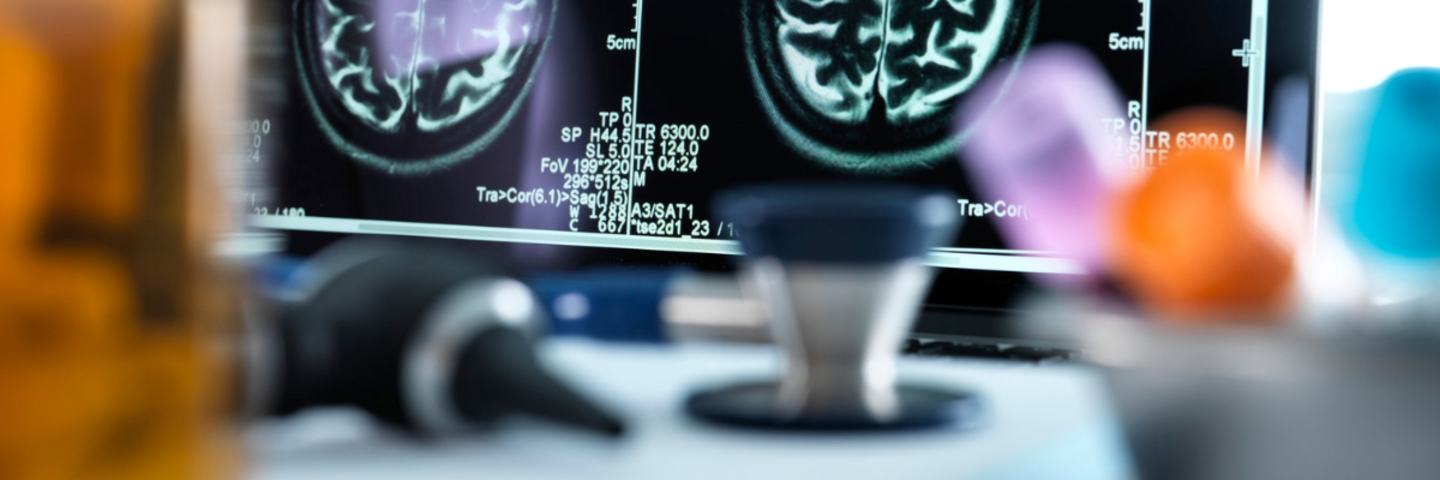
On fast-paced hospital units, neurologists, residents and medical students find themselves spending valuable time searching for tools or waiting on essential equipment. A new initiative at St. Paul's Hospital (SPH) aims to eliminate these daily frustrations through an innovative solution: the Neurology on Wheels (NoW) Mobile Workstation.
The Birth of an Idea
The idea took shape over coffee during a particularly hectic day. “The team was rounding and spending too much time running around, trying to locate equipment, waiting for a lumbar puncture kit, and struggling to connect with family members remotely,” recalls Dr. Kristine Chapman, Division Head for Neurology.
This frustration sparked an idea. "They were looking at the computer-on-wheels that we have, and they said, 'We need a Neurologist On Wheels – a NoW.' They were actually just joking about it," Dr. Chapman explains. "And then they said, 'Well, why don't we do it? Why doesn't this exist?'"
Recognizing its potential, the team brought the idea to the Department of Medicine’s (DOM) innovation platform. With its backing, they partnered with St. Paul’s Foundation to identify an interested donor to fund the initiative.
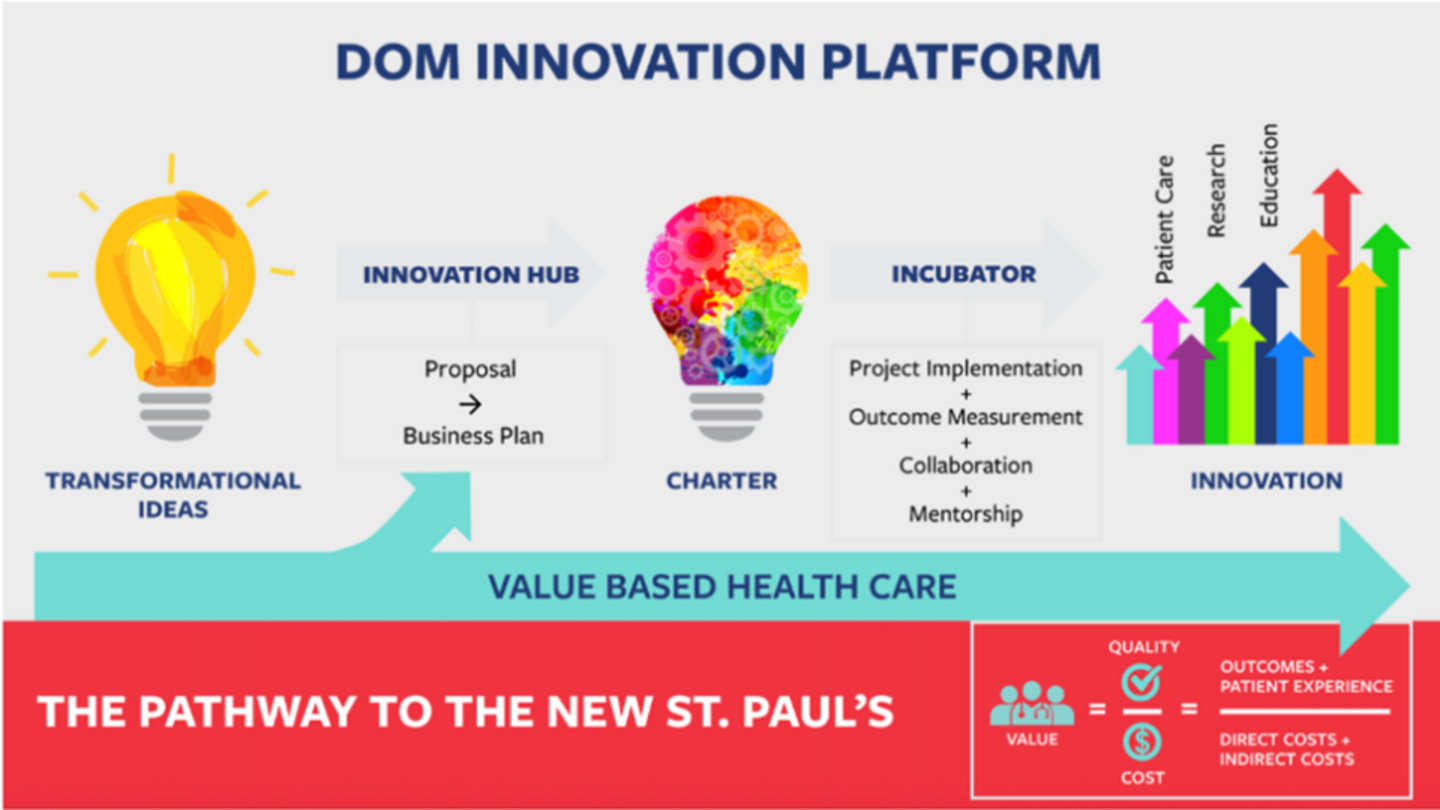
Engineering a Solution
The project quickly gained momentum through a partnership with UBC's School of Biomedical Engineering. Two neurology residents, Dr. Adam Book and Dr. Danielle Murray, with mentorship from Dr. Dean Johnston, collaborated with Professor Bruno Jaggi and his UBC Biomedical Engineering students, Young Hong and Keely-Shay Maki, to conduct a comprehensive needs assessment.
"We grouped it into two categories," explains Dr. Book. "First, what are things everyone will be using all the time? And of those tools, what are the ones that are harder to come by in the hospital. Second, what are things that aren't used so commonly but, when needed, create significant delays in patient care?"
The result, a mobile workstation that integrates technology and clinical tools in a single, streamlined unit. It features a computer with access to medical records and Zoom for virtual family consultations, along with key tools like ophthalmoscopes and reflex hammers. Custom storage for lumbar puncture kits ensures rapid access to critical equipment and supplies, reducing delays for life-threatening conditions like bacterial meningitis.
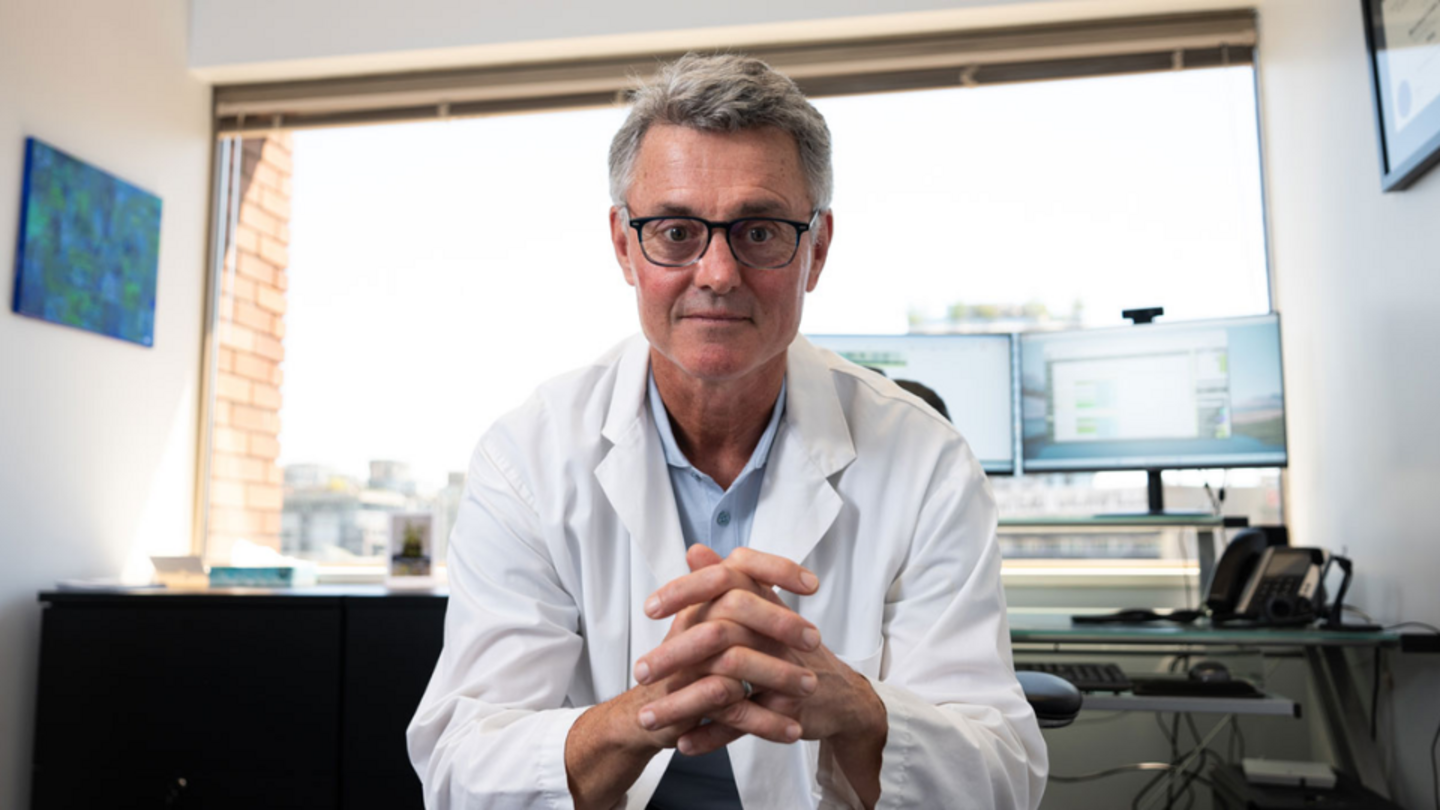
Dr. Dean Johnston
Improving Care and Well-being
The NoW workstation promises to enhance both patient care and provider experience. "It's going to make the team more efficient because they won't waste time tracking down equipment," says Dr. Chapman. "They're going to have more accurate assessments because all of the equipment is going to be in perfect working order." The on-board telehealth capabilities enable providers to connect from the patients’ bedside with family members who cannot be present at the hospital.
Dr. Book highlights the educational benefits: "We have pre-made lecture slides and educational resources covering all the different high-yield neurologic topics, accessible through the workstation over the internet. Part of the hope is that with being more efficient, with less dead time, it will open up more time to spend teaching."
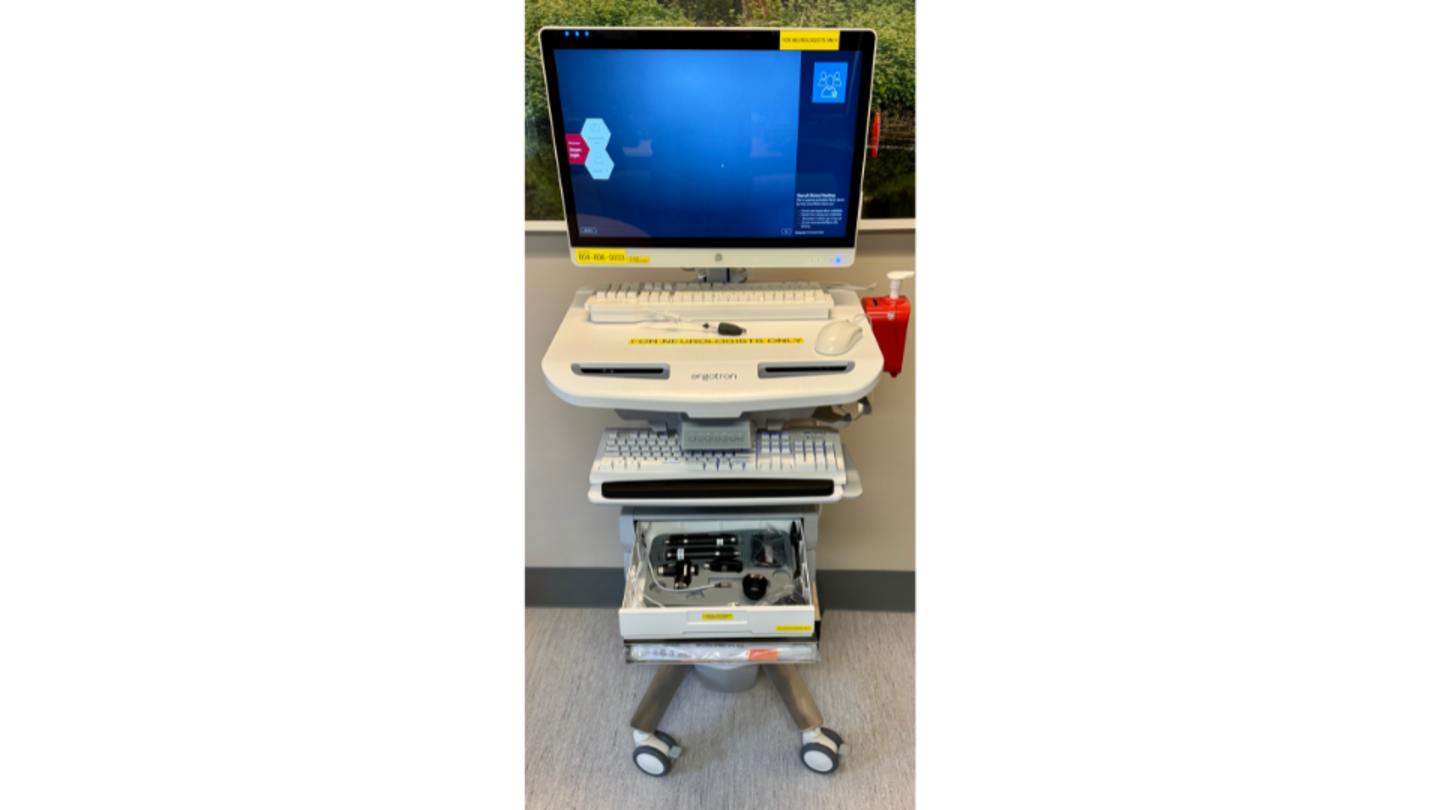
Neurology on Wheels
Looking to the Future
The project, supported by the Department of Medicine's Innovation Platform, Resident Doctors of British Columbia's Innovation Fund, and private donors, represents a broader commitment to quality improvement at PHC. The project was also awarded the Resident Doctors of BC Innovation award in the technology category for 2024.
"This is an example of a quality improvement (QI) process where you take a clinical problem, create an innovative solution, and test how it works," notes Dr. Chapman. The NoW project serves as a model for linking QI and innovation.
Implementation began April 1st, with the team completing their pre-implementation and post-implementation survey developed by the Quality Improvement team. Success could lead to adaptation for other specialties and expansion to additional sites, demonstrating how targeted solutions to daily challenges can transform health care delivery.
Through the NoW Mobile Workstation, St. Paul's Hospital is taking another step toward more efficient, patient-centred care, while supporting the well-being of healthcare providers who deliver it.
This project has been supported by the Department of Medicine Innovation Platform. This is the avenue for Department members to address gaps in care at PHC. Initiatives could span divisions, departments and beyond. If you have a great idea and want to learn how to move it forward, visit the DOM Innovation Platform website
The Department of Medicine Innovation Platform is a part of Innovarium, Providence Health Care’s innovation engine that connects people, systems, infrastructure, and partners to accelerate health innovation.
